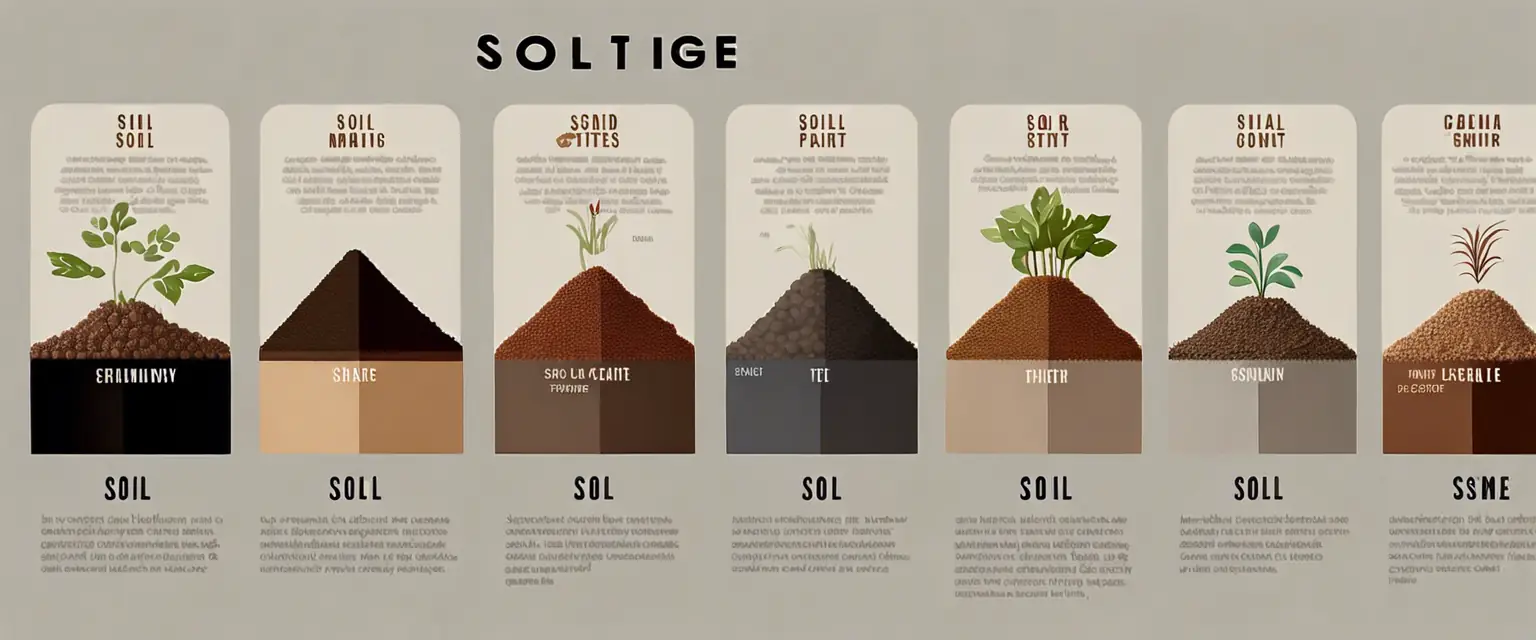Soil mechanics is the study of the behavior of soil under various conditions, and it plays a vital role in geotechnical engineering. Understanding the properties of soil helps engineers design foundations that can support structures safely and effectively. The principles of soil mechanics guide the analysis of soil stability, settlement, and bearing capacity, which are essential for any construction project. By applying these principles, engineers can mitigate risks and ensure the longevity of structures.
In geotechnical engineering, soil is often classified into different types based on its composition and behavior. Each type of soil has unique characteristics that affect its strength and stability. For instance, clay soils tend to expand and contract with moisture changes, while sandy soils are more prone to erosion. Engineers must consider these factors when designing foundations and other structures to ensure they can withstand environmental changes and loads.
Moreover, advancements in technology have enhanced our understanding of soil mechanics. Modern tools and techniques, such as geophysical surveys and computer modeling, allow engineers to analyze soil behavior more accurately. This knowledge enables the design of more efficient and safer structures, ultimately contributing to the success of construction projects. As the field of geotechnical engineering continues to evolve, staying informed about soil mechanics is essential for professionals in the industry.



